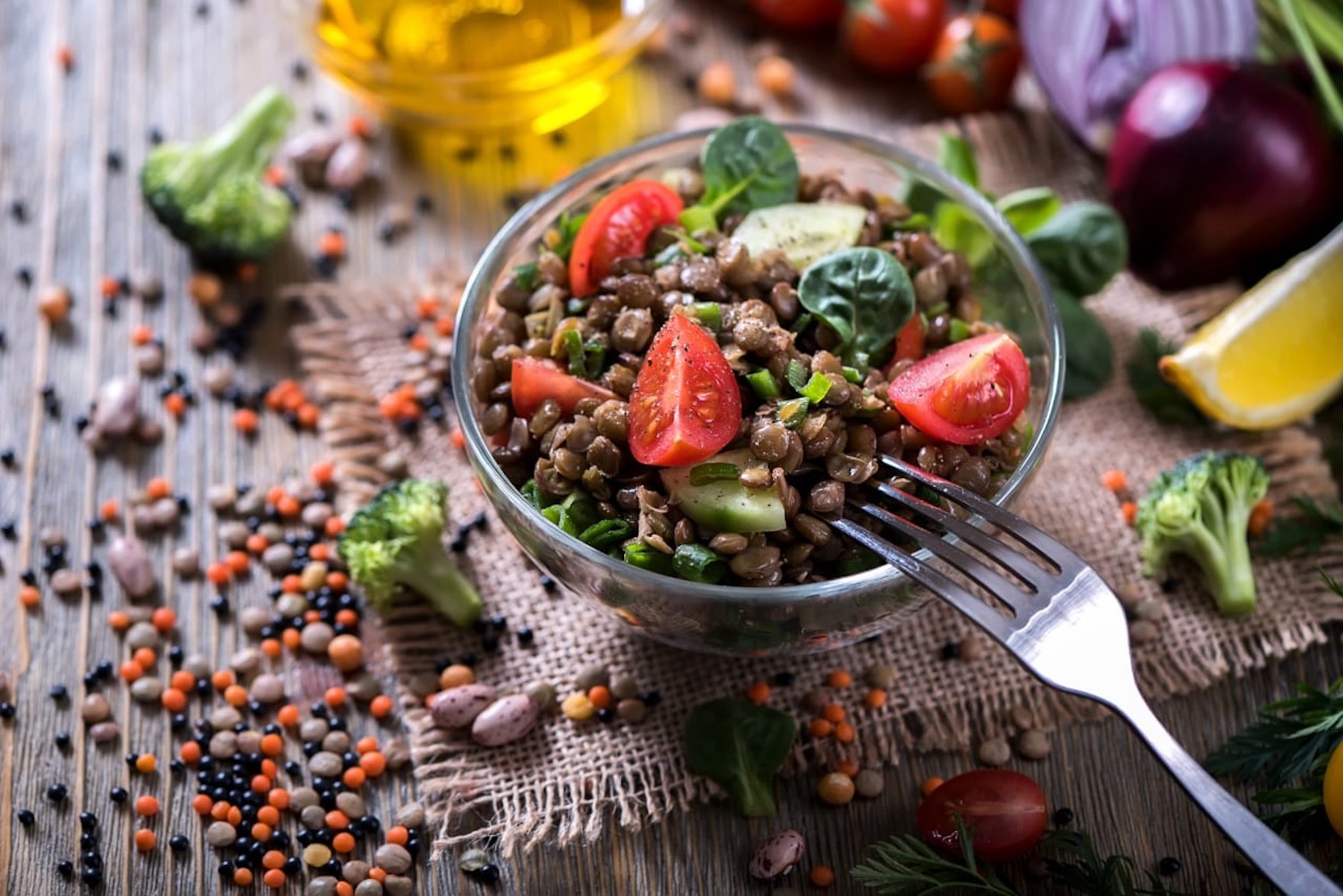It takes an average 1.9 days for food to re-emerge as waste for men. It takes 2.4 days for women. If your digestive system isn’t functioning as it should do, however, it can take longer. You can also develop other issues, including flatulence, belching, constipation, heartburn, indigestion, and even peptic ulcers caused by excess acid. Looking after your digestive health is important so that you don’t develop long-term problems.
The balance of bacteria

Bacteria is essential to maintain good digestive health – we need to maintain a good balance between the good and bad bacteria found in the gut. Taking a regular probiotic can help you to maintain that balance. Probiotics actively stimulate the nerves that move your food through the upper and lower intestinal tracts. This, in turn, can help to alleviate the symptoms of some conditions, such as Irritable Bowel Syndrome (IBS) and diarrhea. You can take probiotic supplements for improving digestive health to make sure that your gut has the right balance of bacteria. A healthy gut will give your immune system a boost and support your metabolism.
Cut down on fat
Having a diet that is high in fat is not healthy for your digestive system. Foods such as burgers, fries, pies, sausages, fried chicken, butter and cheese are fine when eaten very occasionally, but certainly shouldn’t be a regular part of your diet. If you want to maintain a healthy digestive system, you should swap fatty foods out, and replace them with lean cuts of meat and fish, and make sure that you choose skimmed milk instead of full-fat. You should also consider carefully the way that you cook your food. Use the grill or a griddle pan rather than the fryer, and just use a little olive oil spray if you need it.
Introducing fiber

Having a high-fiber diet is extremely beneficial. Fiber (also known as roughage) helps to bulk out and soften your stools, making them easier to pass. It also means that you are less likely to get hemorrhoids. Fiber also helps your body to control blood sugar levels and lower your levels of cholesterol. There are two types of fiber – soluble and insoluble. To maintain a healthy digestive system, it is important to have both in your diet. Soluble fiber sources include peas, beans, oats, citrus fruits, apple and barley. This type of fiber easily dissolves in water so it can be absorbed into your body quickly. Insoluble fiber promotes bowel movements, so is essential if you have problems with constipation. Sources include vegetables, nuts, wheat-bran, wholewheat flour and potatoes.
Having a good diet, including plenty of fiber, and taking a probiotic supplement regularly can help improve your digestive health. Making this lifestyle change will cut down the risk of you getting long term issues with your gut, and also boost your metabolism and immune system.








